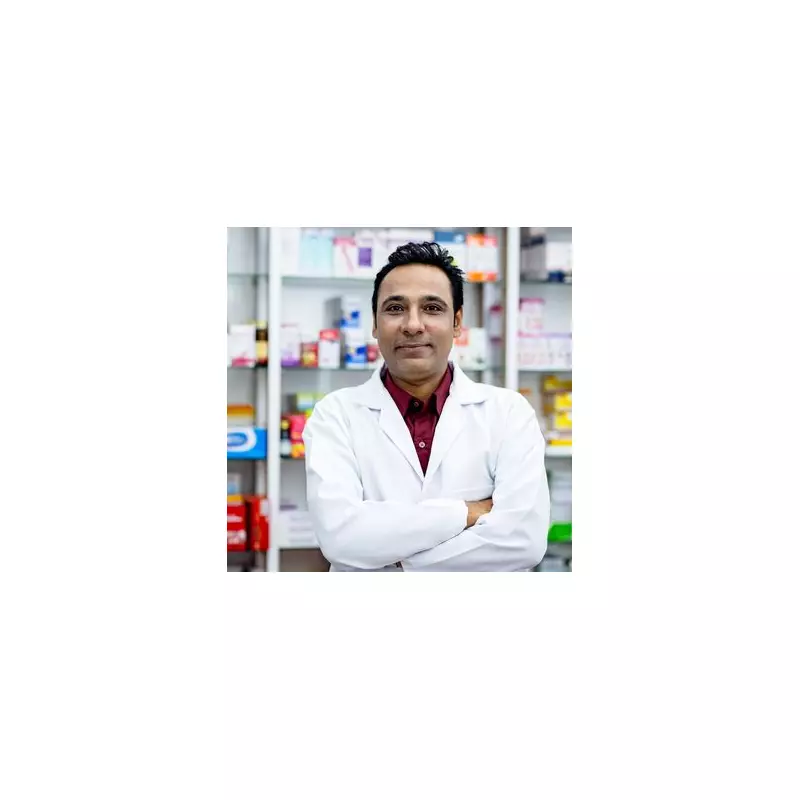
New NHS data reveals a significant shift in how Britons access healthcare, with more than five million patients now receiving treatment for minor ailments directly from their local pharmacy, bypassing the need for a GP appointment entirely.
What Your Pharmacist Can Treat For You
This initiative is designed to alleviate the strain on general practices amid persistently high NHS waiting times across the UK. Since October, the scope of pharmacy services has expanded further, now including providing the morning-after pill free of charge for the first time.
According to experts at Landys Chemist, pharmacists are highly trained professionals equipped to offer clinical advice and recommend over-the-counter or even prescription treatments for a wide array of common conditions.
Rhysa Phommachanh, a Health and Personal Care Specialist, stated: "Pharmacists are highly trained professionals and can offer expert clinical advice and over-the-counter treatments for minor illnesses and injuries."
Twelve Key Services Offered by Pharmacies
Here is a comprehensive list of health concerns your pharmacist can assist with:
- Common Cold and Flu Symptoms: Including cough, congestion, sore throat, and fever.
- Allergies: Advice and treatment for hay fever and mild allergic reactions.
- Minor Aches and Pains: Such as headaches, muscle aches, and joint pain.
- Digestive Issues: Help with indigestion, heartburn, diarrhoea, and constipation.
- Skin Conditions: Management of minor rashes, insect bites, and sunburn.
- Minor Infections: Including urinary tract infections (UTIs) for women and minor skin infections.
- Eye Conditions: Red or irritated eyes and minor eye infections.
- Ear Problems: Earache and wax buildup.
- Minor Injuries: Care for minor cuts, abrasions, bruises, sprains, and strains.
- Oral Health: Help with mouth ulcers, cold sores, and gingivitis.
- Health Checks and Vaccinations: Blood pressure, cholesterol, and blood sugar testing, plus flu jabs and travel vaccines.
- Contraception and Sexual Health: The morning-after pill and general contraception advice.
When You Should Still See a GP
While pharmacists are a valuable first port of call, it is crucial to recognise their limits. They will advise you to see a doctor for more serious problems.
Rhysa Phommachanh adds a note of caution: "While pharmacists are valuable resources... it's crucial to consult a doctor, call 111, or visit A&E in an emergency if your symptoms are severe or if you have any doubts."
Pharmacists cannot diagnose complex conditions, but using them for minor issues frees up GPs to focus on patients with more urgent and critical needs.
Navigating the Early Flu Season
This expanded role for pharmacies comes as the NHS issued a ‘flu jab SOS’ earlier in November. With cases tripling compared to the same time last year and a severe flu season in Australia hinting at what may come, the health service is making a concerted push for vaccinations.
The NHS has made 2.4 million vaccination slots available in a single week, urging eligible adults to get protected ahead of the winter peak. To date, over 13 million flu vaccines have been administered across the country.






